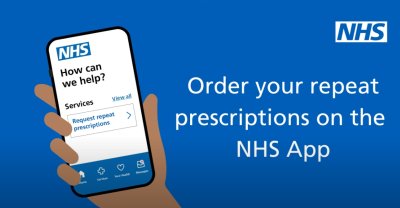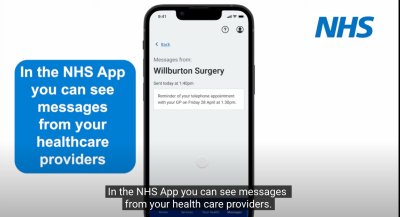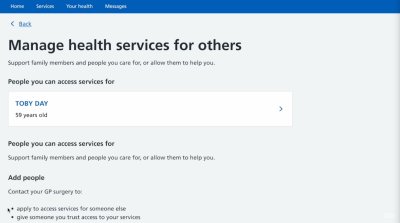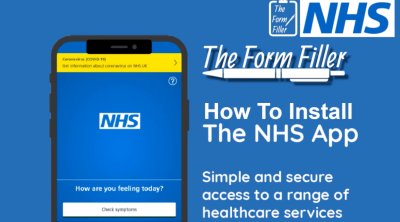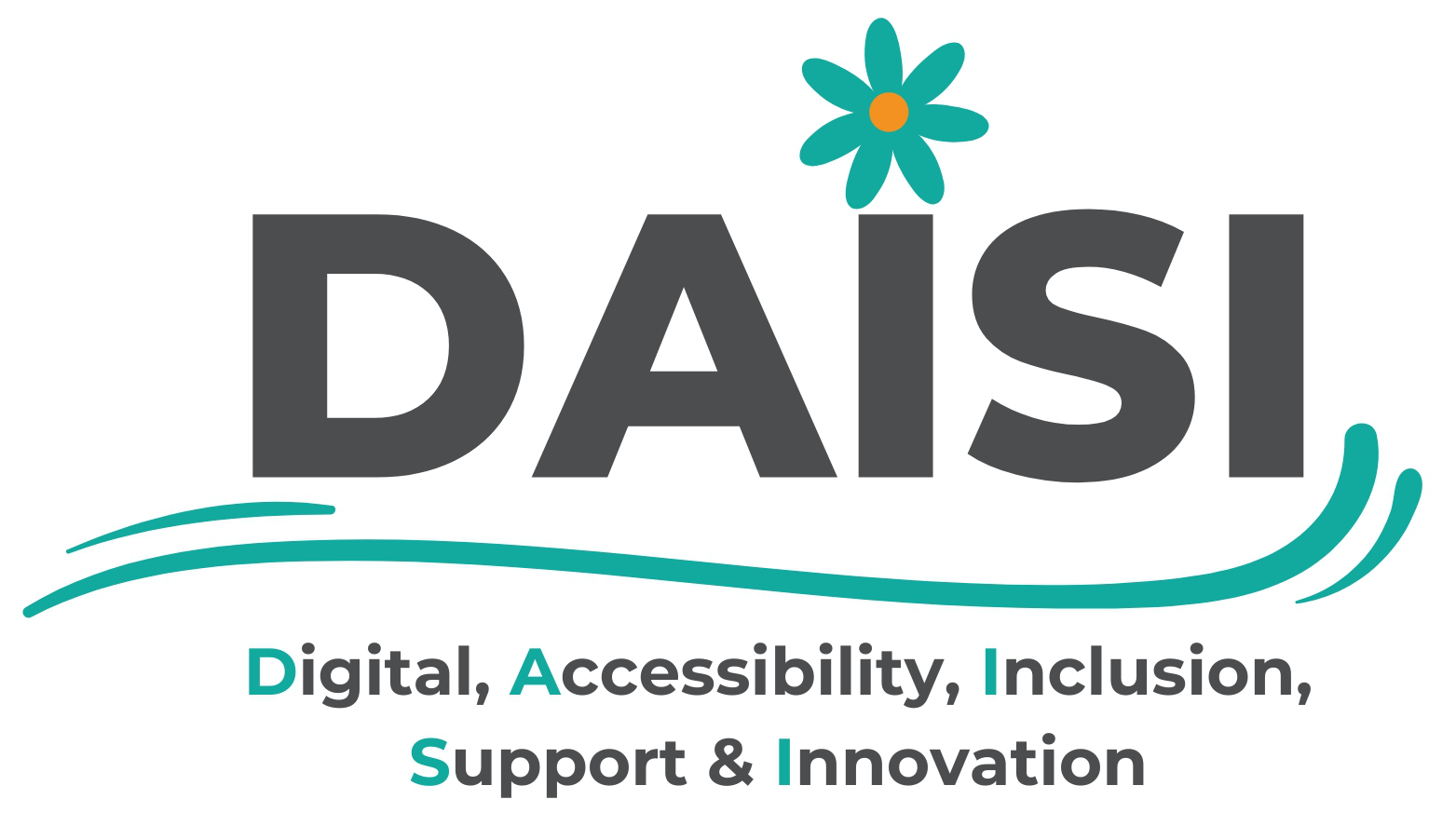The digital age has revolutionised every aspect of life, and healthcare is no exception. Technology now plays a central role in how we monitor, manage, and maintain our health. From wearable fitness trackers and telemedicine to artificial intelligence diagnosing diseases, the digital transformation of healthcare has opened new doors for prevention, treatment, and patient empowerment.
Yet, as with all digital progress, these benefits come with challenges — including data privacy, misinformation, and the growing dependence on technology for wellbeing.
1. The Digital Transformation of Healthcare
Healthcare has evolved from paper charts and local clinics to interconnected, data-driven ecosystems.
Modern medicine now relies heavily on digital technologies that improve accuracy, speed, and access to care.
Key innovations include:
- Electronic Health Records (EHRs): Digital patient histories accessible to healthcare professionals anywhere.
- Telemedicine: Remote consultations and virtual appointments through secure video platforms.
- Mobile Health (mHealth): Apps for tracking diet, exercise, sleep, and medication.
- Wearable Technology: Smartwatches and fitness bands that monitor heart rate, oxygen levels, and activity.
- AI and Machine Learning: Used to detect patterns, predict diseases, and support medical decision-making.
These technologies are not replacing doctors — they’re giving them better tools to understand and treat patients.
2. How Technology Improves Healthcare
Technology has brought healthcare closer, faster, and more personalized than ever before.
| Remote Access | Telehealth, virtual clinics | Reduces travel time and increases access to specialists |
| Preventive Care | Smartwatches, fitness apps | Early detection of irregularities such as heart issues |
| Diagnosis & Research | AI imaging, genetic analysis | More accurate and faster medical insights |
| Data Management | EHRs, cloud storage | Secure sharing between doctors and hospitals |
| Education & Awareness | Health apps, online resources | Empower patients to make informed decisions |
In essence, the digital age is turning healthcare from a reactive system into a proactive one — focused on prevention rather than just treatment.
3. The Rise of Telemedicine
The COVID-19 pandemic accelerated the adoption of telemedicine, allowing patients to receive medical advice from the safety of their homes.
This shift has permanently changed healthcare delivery, especially for those in rural areas, people with disabilities, or those with limited mobility.
Video consultations, remote prescriptions, and digital monitoring have made healthcare more flexible and efficient.
While in-person care remains essential, telemedicine has become an integral part of modern healthcare systems.
4. Wearables and Personal Health Tracking
Wearable devices like Fitbit, Apple Watch, and Garmin have empowered individuals to take control of their health.
These gadgets track steps, heart rate, sleep patterns, and even detect irregular heart rhythms.
By turning health data into daily feedback, wearables encourage people to make healthier lifestyle choices.
For doctors, these continuous data streams offer valuable insights into a patient’s long-term wellbeing.
5. Artificial Intelligence in Medicine
AI is rapidly transforming medicine — not just in research, but in everyday practice.
It helps doctors analyze scans, predict disease risks, and design personalized treatment plans.
Examples include:
- AI algorithms that detect cancer in medical images faster than humans.
- Chatbots that provide basic symptom assessments.
- Predictive systems that identify potential health crises before they happen.
While AI doesn’t replace medical expertise, it enhances precision and efficiency — making healthcare more responsive and data-driven.
6. Challenges of Digital Health
The digitalization of healthcare also introduces new challenges:
- Data Privacy: Sensitive medical data is vulnerable to breaches and misuse.
- Digital Divide: Not everyone has equal access to devices or Internet connectivity.
- Misinformation: Health myths and false remedies can spread easily online.
- Overreliance on Technology: Self-diagnosis via apps can lead to anxiety or misjudgment.
- Ethical and Legal Issues: AI-based decisions raise accountability concerns in medicine.
Balancing innovation with ethics and inclusivity is essential for sustainable digital healthcare.
7. The Benefits for Public Health
Digital tools are not only helping individuals but also strengthening global health systems:
- Pandemic Monitoring: Real-time data tracking helps governments respond quickly to outbreaks.
- Vaccine Distribution: Digital logistics ensure efficiency and transparency.
- Health Campaigns: Social media and apps spread awareness on issues like mental health, nutrition, and vaccination.
Technology gives health authorities the ability to respond rapidly and reach wider populations than ever before.
8. The Future of Health in the Digital World
The next generation of healthcare will be deeply integrated with technology:
- Virtual Reality (VR): Used in medical training and pain management.
- Genomics and Personalized Medicine: Treatments tailored to individual DNA.
- Smart Hospitals: IoT-enabled systems for real-time patient monitoring.
- Robotic Surgery: Greater precision and smaller recovery times.
- AI-Enhanced Prevention: Predicting diseases before symptoms appear.
The ultimate goal is a healthcare system that’s smarter, more accessible, and centered around the patient.
Conclusion
Health in the digital age is a story of empowerment. Technology gives individuals the ability to monitor their wellbeing, access care remotely, and make informed choices. Doctors gain tools for precision, prevention, and data-driven insight.
But the heart of medicine remains human — compassion, empathy, and trust.
As we continue to innovate, we must ensure that technology enhances these qualities rather than replaces them.
The future of health isn’t just digital — it’s personal, connected, and designed to help humanity live longer, healthier lives.



